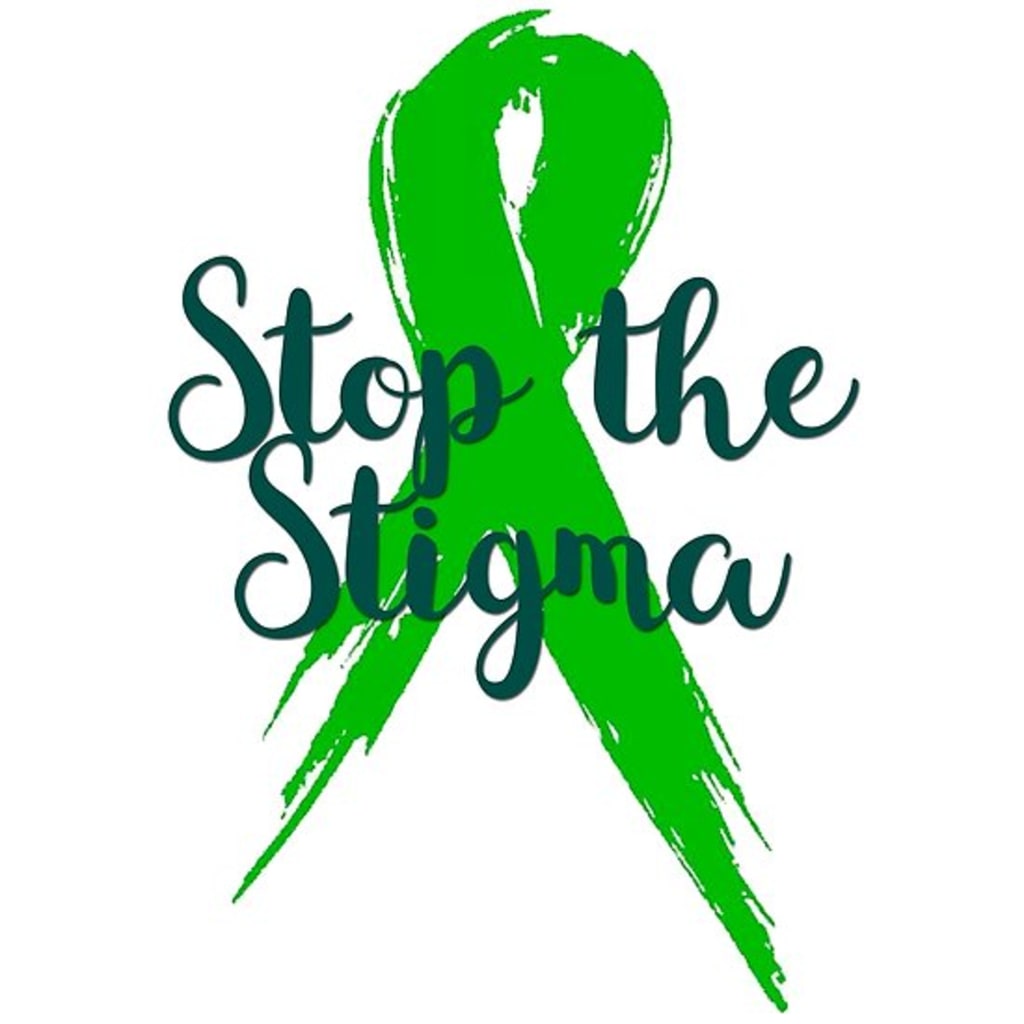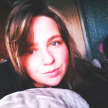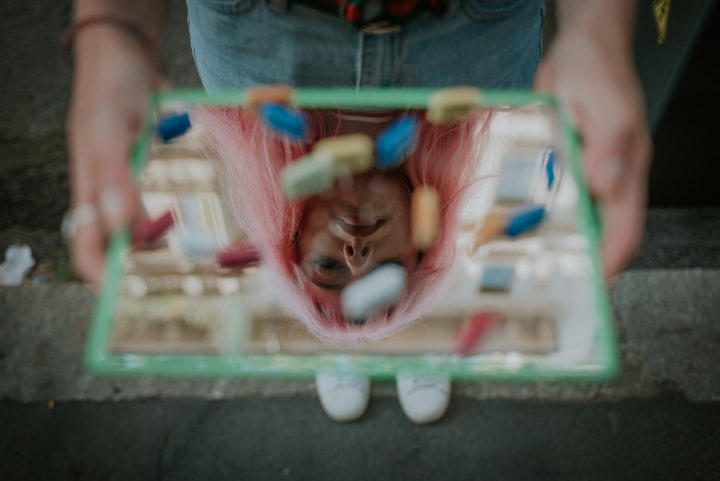The Truth About Mental Illness Stigma
(This may shock you.)

The stigma around mental illness isn’t what we are led to believe. What is the stigma around mental illness? Why is there stigma around mental illness? These are the questions we need to answer before we can begin to solve the problem. If we can’t answer these questions, all our attempts to get rid of the stigma will only cause more problems. The truth about mental illness stigma is that it’s complicated.
What is stigma?

Stigma is, as said by Google, a mark of disgrace. By that definition, it makes you wonder, why are we trying to reduce it instead of removing it altogether? In an ideal world, we could. But that’s more difficult in reality.
From what I’ve gathered, people are not trying to reduce stigma. They are trying to reduce the negative attitudes created by that stigma. The mark of disgrace that society has placed on the mentally ill comes from a lack of understanding and a spreading of false facts. The stigma of mental illness is the fear that they are uncontrollable. It is the fear that they are violent and that they don’t contribute to society. But the base of the stigma is the belief that mental illness doesn’t exist. It is like a tower of stigma. There are floors for each type of stigma that surrounds mental illness. The first floor is believing that it doesn’t exist. Each floor above it represents the growing layers of irrational fears that have come from the second floor: false information. The entire tower is decorated and painted with the negative attitudes.
Why is there stigma around mental illness?

Now, I’m no professional, but with a ton of research, I think I figured it out. So, here it is. Here is the answer: It’s complicated.
The stigma around mental illness is as diverse and complex as the mental illnesses themselves. There is a different stigma around each mental illness.
Depression and anxiety are the two most common mental illnesses on record. They are also the ones that carry the least amount of stigma. I believe that they have the least amount of stigma because they are connected to normal emotions that everyone feels. Everyone gets depressed sometimes. Everyone gets anxious sometimes. But that doesn’t mean it’s depression or anxiety. But, since everyone feels those emotions, it makes it easier to understand the mental illness that occurs when those emotions become out of hand.
All other mental illnesses carry more stigma because they can’t be understood as well. Bipolar disorder is a joke. Bipolar disorder makes people mean. Some people even go as far as to say that it doesn’t exist. They say it’s just an excuse. It has become an adjective. People use it as an emotion. They twist it into something that it’s not. And that is one of the less stigmatized mental illnesses.
The others are all stigmatized for the same reason: because we don’t understand them. Most people can’t name more than a handful. I can’t either. That is why there’s stigma around them. We don’t know what they are. We don’t understand them.
It is in human nature to deny what we don’t understand. That is the root of the problem. First, we don’t understand mental illness. Second, we deny it’s existence. Third, we are given false information. Last, we develop logical fears due to the false information. All of this leads to the negative attitudes that we have towards the mentally ill.
What is the solution?

Not the way society is trying to do it now. There are some movements that might help eliminate the stigma, but most of them are just making it worse. From what I have seen, society is not trying to reduce stigma. They are just trying to reduce the negative attitudes that are produced by the stigma. It is like they are cutting the weeds instead of ripping them out by the roots.
Mental Health Week is an example of a positive movement that could help to eliminate the stigma. It promotes educating people about mental illness. That is how you pull that mark of disgrace out by the roots. Education.
But there are so many attitudes that are only making the stigma worse. People are talking about it too much. Yes, that sounds crazy, but hear me out. It is perfectly okay to tell people about your mental illness. Tell people. Connect with others. By saying that people are talking about it too much, I mean they are talking about it in a way that isn’t helping. When you say something over and over, it loses all meaning. The same goes for mental illness. Everyone starts to talk about it and it ends up becoming just another word. Imagine, everyone in a class says they have social anxiety and can’t present in front of the class. Obviously, the teacher is going to know that not all of them have social anxiety so they’ll make everyone present anyway, leaving the one student with social anxiety unable to tell the teacher because they won’t be taken seriously.
By talking about it so much in a way that isn’t helping, people are actually making the topic less serious. It ends up invalidating those who are suffering. Why is this? Well, it’s because they aren’t talking about what mental illness is. There is no education. There is no fixing the false information. It comes in hashtags and random comments. This may also make mental illness seem more common than previously thought, which may seem like a good thing, but it isn’t. When things become more common, they become less serious. Oh, you have a mental illness? So many people have a mental illness, it’s no big deal. But it is a big deal! Mental illness can be fatal. We need to take it seriously. We need to educate the public on what mental illness actually is. All of them. Not just depression and anxiety. Every mental illness needs to be acknowledged. We need to yank the stigma out by the roots. We can’t keep trimming it. It’s time to erase the mark of disgrace on mental illness.
We are not our illness.
We are people.
Our illness is only an obstacle in our lives.
Our illness does not define us.






Comments
There are no comments for this story
Be the first to respond and start the conversation.